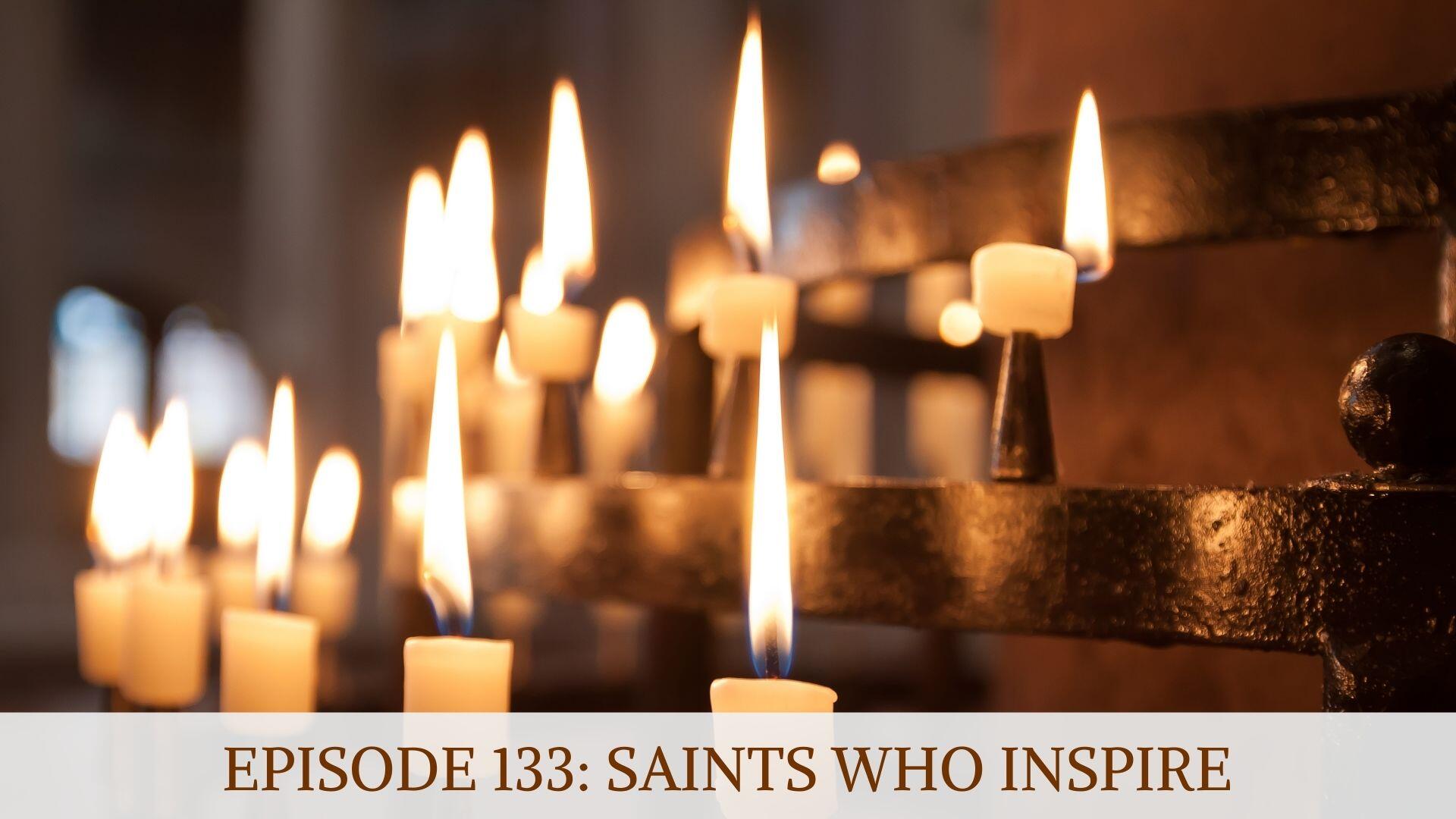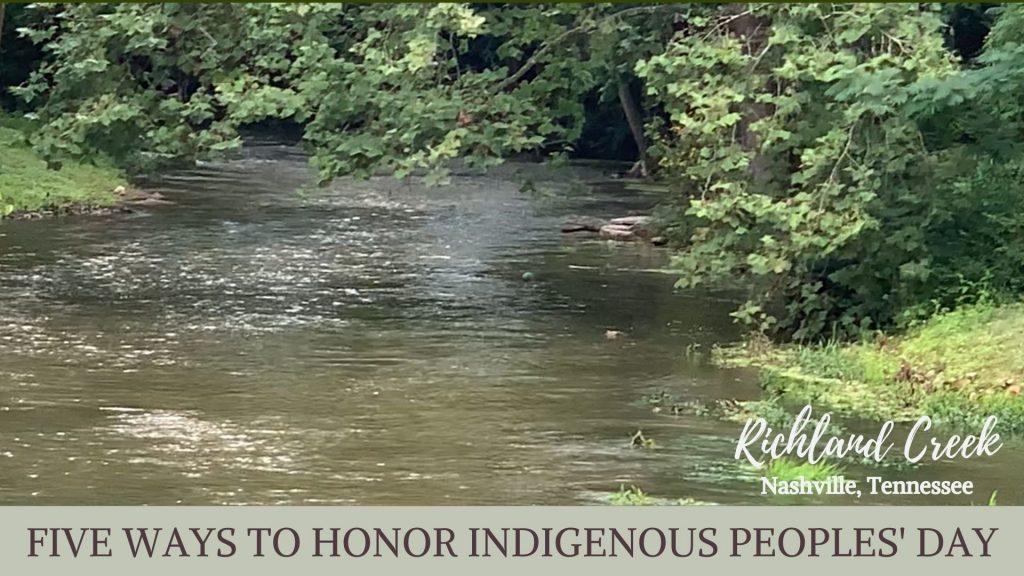New month. New plans. Good work. Writing. And inspiration past and future. Let’s count it all down.
1) Who are the saints that inspire you?
Blessings to you this All Saints’ Day. Who inspires your life and work? Is there a saint in your past or present, who lights a path that you travel? Perhaps it is someone as close as a relative, or as distant as a biblical figure. Today we celebrate All Saints’ Day, and this week we prepare for All Saints’ Sunday. Could you consider dedicating an hour of your prayer, writing, or service to honor one saint who inspires you? Here are some saints who have inspired me.
 Saint Scholastica, twin sister of St. Benedict and founder of religious orders for women in the fifth century C.E.
Saint Scholastica, twin sister of St. Benedict and founder of religious orders for women in the fifth century C.E.
Nell MaGee, a salty saint and fellow Baptist traveler on the road. She inspired me personally in many ways, even when we disagreed.
Will D. Campbell, civil rights advocate, writer, sharp wit. Will was always out on the edge of Baptist life pointing to full implications of what it is to live a life of faith.
Marian Wright Edelman is a Living Saint who inspires with advocacy for children, capacity for organizing money and people, and living into powerful questions. I also find her persistence in writing so very encouraging.
2) Ecclesiology & Ethnography Day Conference
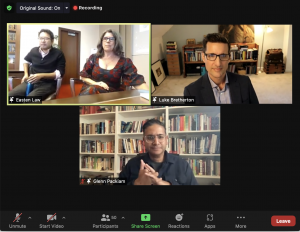
On Friday of the past week I was delighted to be part of the Ecclesiology & Ethnography Day Conference in New York City at St. John’s University in Queens. Most of our 120+ participants took part on Zoom. Including some of the presenters. One thing I appreciate about EE Network meetings is that the format is usually much more conversational in tone than the average academic meeting. We are simply talking to each other about our work. And in last week’s conversation, we shared both is big thorny conundrums and also strategies for bringing qualitative research and theology into conversation.
Presenters in this particular meeting are among the 52 contributors to a forthcoming volume for Wiley Blackwell. The Wiley-Blackwell Companion to Theology and Qualitative Research is edited by Pete Ward and Knut Tveitereid. Among the topics are the following: reflexivity, world Christianity, ethnography as critical pedagogy, political theology, and writing research and theology.
3) Writing Table: Join me?
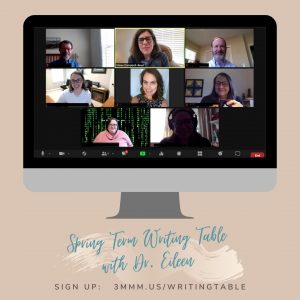 Speaking of writing. . . Do you write as a part of your ministry? Whether you write lesson plans, sermons, books or blogs, you are invited. We gather three days (M-W-F most weeks this fall) at the Writing Table. And in each hour in the zoom room, we inspire and encourage each other. We do this by simply showing up. And we also share strategies for what is working each day.
Speaking of writing. . . Do you write as a part of your ministry? Whether you write lesson plans, sermons, books or blogs, you are invited. We gather three days (M-W-F most weeks this fall) at the Writing Table. And in each hour in the zoom room, we inspire and encourage each other. We do this by simply showing up. And we also share strategies for what is working each day.
4) Save the Date: Pastoral Imagination event at Union Theological Seminary.
Coming soon to your computer . . . an excellent conversation moderated by Dr. Pamela Cooper-White, and featuring Dr. Tim Adkins-Jones, Dr. Su Yon Pak, Dr. Chris Scharen. I’m very excited for this conversation. Mark your calendar. Registration details are coming soon.
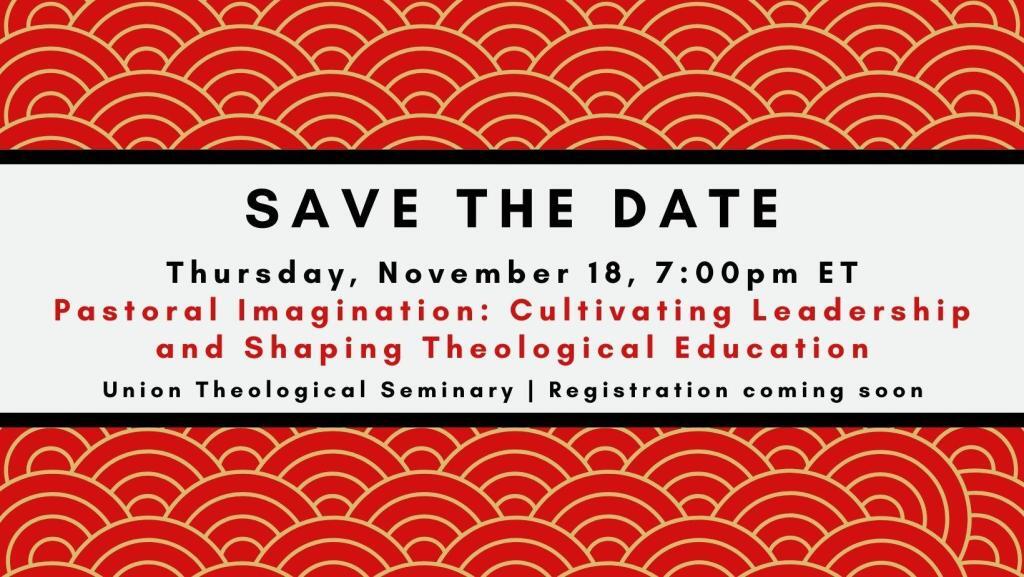
What is pastoral imagination and why do ministers and theological educators need it right now? Pastoral imagination is an embodied, relational, spiritual, and integrative practical wisdom. Religious leaders need this capacity because they need to see a situation in all its complexity and holy depths. And then they can make fitting and wise responses.
Whether you are leading a community of faith or people protesting in the streets, holding the hand of a dying person, leading worship in an overcrowded prison, or praying with a traumatized soldier, how you see and respond to the situation can make the difference between life and death. Thus, it is urgent for ministers to know how to embody and cultivate pastoral imagination over time. And theological educators need to orient their teaching so that ministers learn how to face the complex challenges of the present pandemic world that is (rather than the one that used to be).
5) Native American Heritage Month
Today marks the beginning of a month honoring the contributions of Indigenous Peoples to U.S. American culture. As you know, it is a deeply troubled history. Perhaps you are looking for ways to make change? To honor the history and people who are indigenous to the land on which you live? Here are five ways you can begin honoring Indigenous Peoples, this month and every month.

